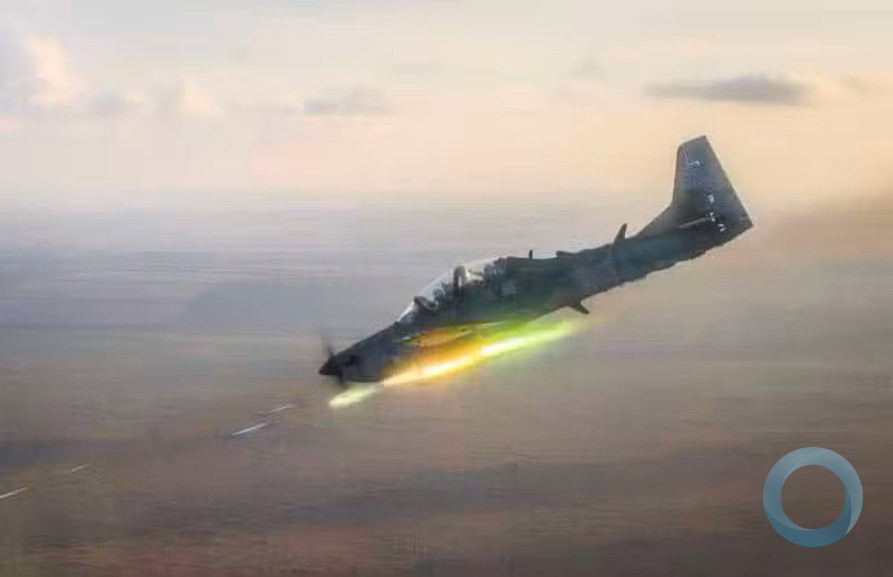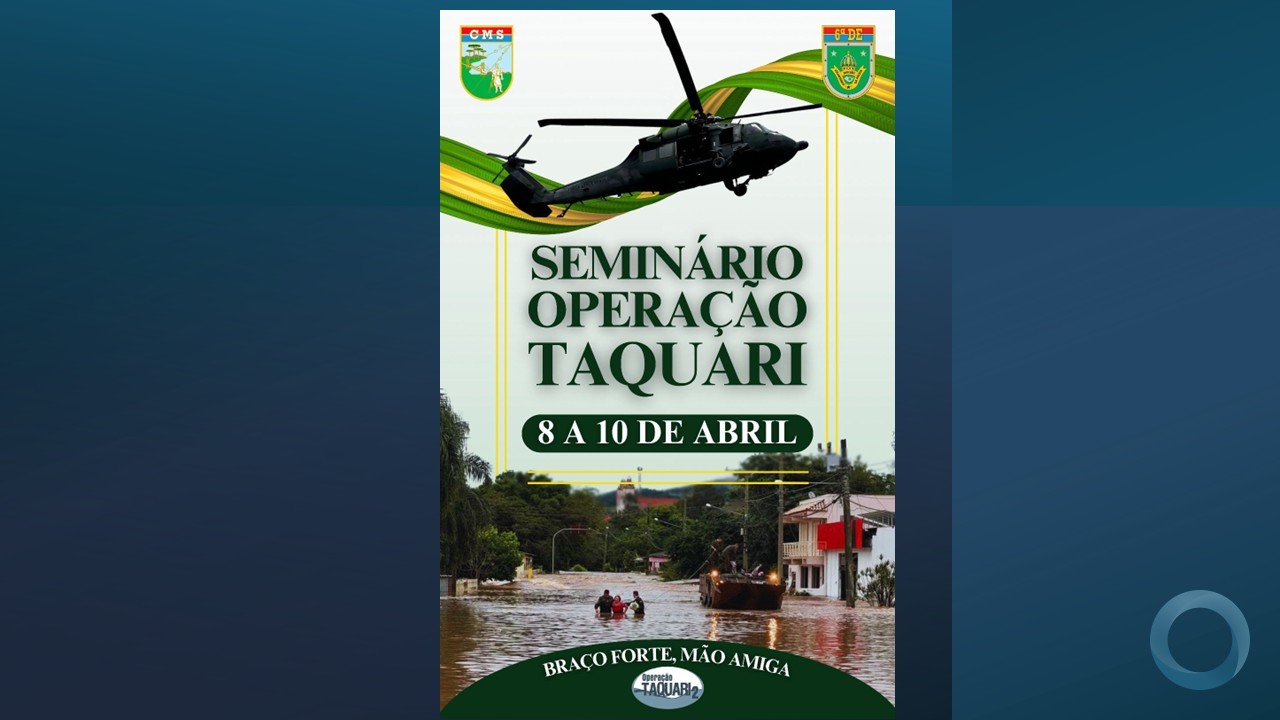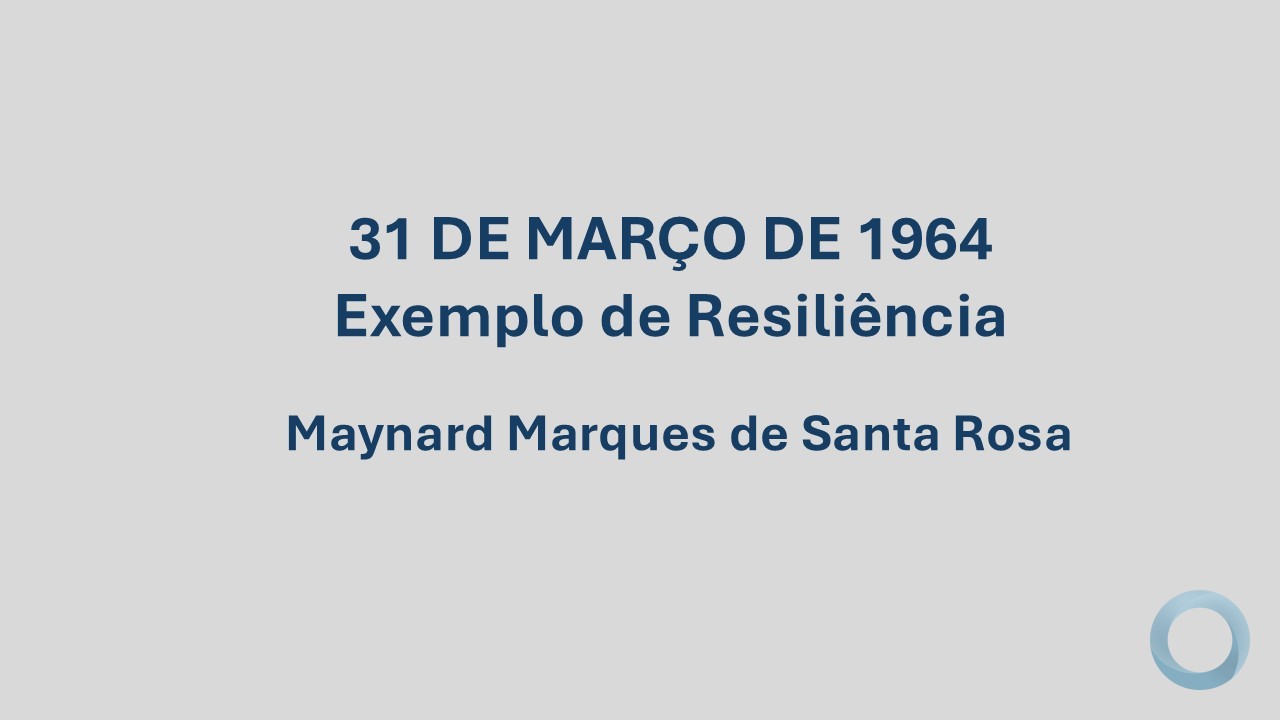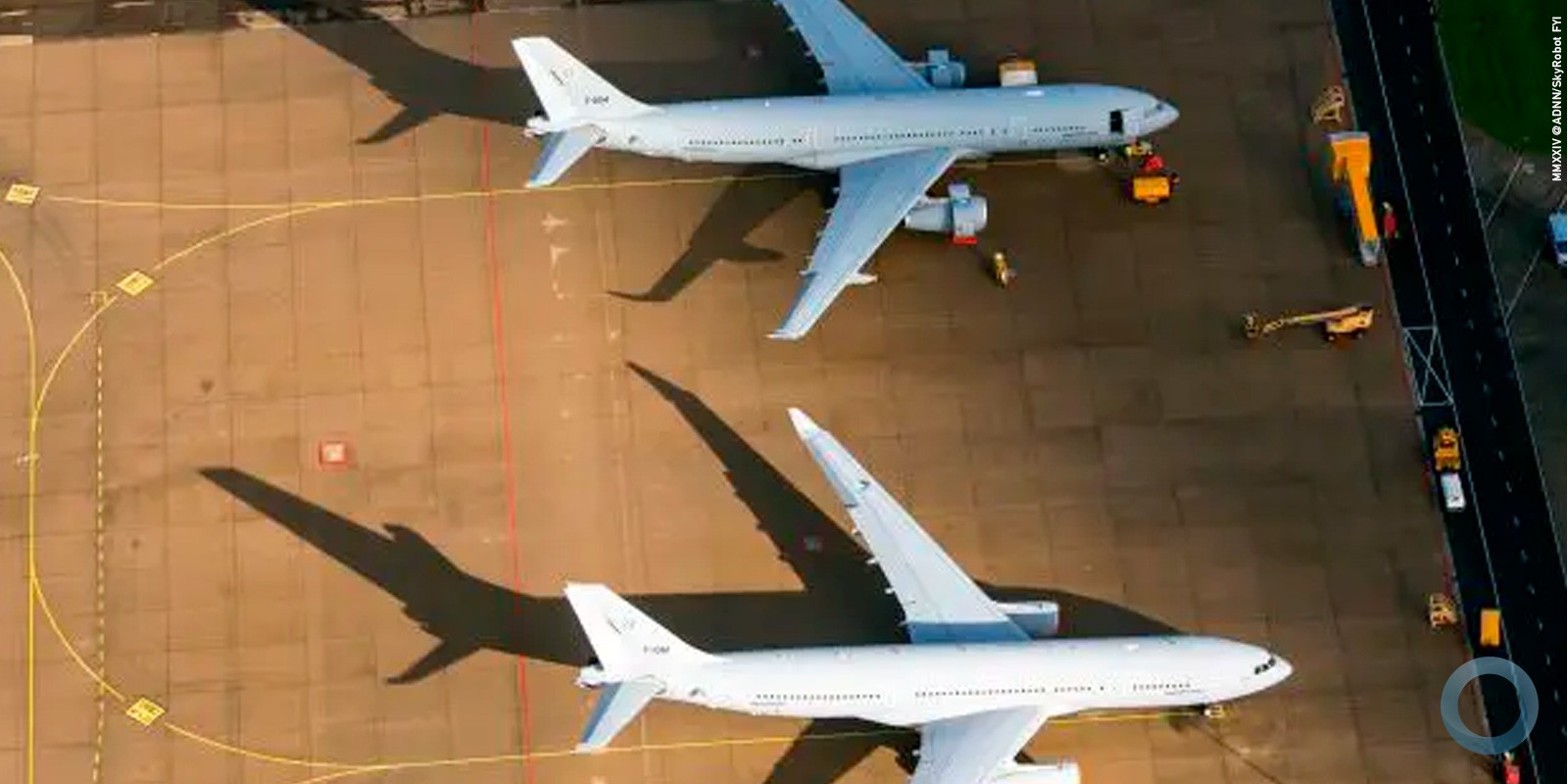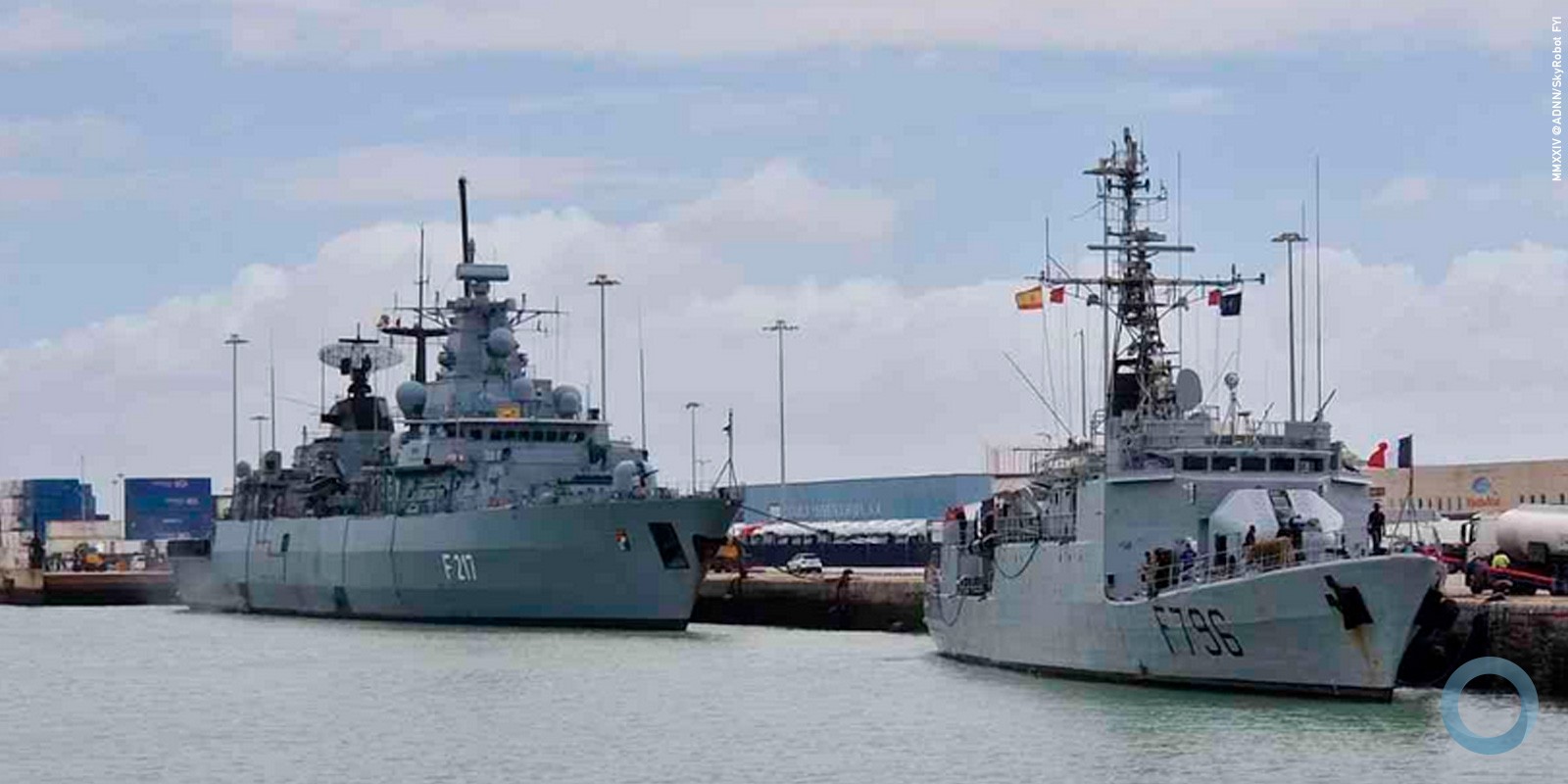Marcos Ommati
The Blue Amazon is an extensive ocean region next to the Brazilian mainland that covers approximately 52 percent of the country’s continental area. It is rich in natural resources and has an impressive biodiversity. This region is so strategically and economically important that the Brazilian Navy started referring to it as Amazônia Azul (Blue Amazon) in reference to the slightly smaller, but comparable Amazônia Verde (Green Amazon) region on land.
Diálogo spoke with the Navy’s new commander, Admiral Barcellar Eduardo Leal Ferreira, about the massive challenge posed by safeguarding Amazônia Azul, as well as other issues related to the security of Brazil, during LAAD 2015 Defense & Security, held in Rio de Janeiro, between April 14 and 17.
Diálogo: What are your main challenges as head of the Brazilian Navy now that you’ve taken over as commander?
Admiral Leal Ferreira: The ocean is extremely important to Brazil. It must be guarded and protected in peacetime and defended should a conflict arise. The Brazilian Jurisdictional Waters, our Blue Amazon, has an area of about 4.5 million square kilometers. The task of protecting it is huge and complex, requiring a modern and balanced naval power both in quantity and quality. In this context, the Brazilian Navy saw the need to expand our budget geared towards developing strategic projects, some of which I would like to highlight: the Submarine Development Program (PROSUB) and the Nuclear Program of the Navy, whose higher goal project include the construction of the first Brazilian submarine with nuclear propulsion; and the Tamandaré-Class Corvette Building Program, which includes the construction of four corvettes based on an improved version of the Corvette Barroso, but with added features. Although executed in a planned and progressive manner, the increased investment has required a significant reduction in the amount allocated for the operation and the operational maintenance of the force.
My biggest challenge, beyond these projects, is to secure the resources necessary to maintain our current operations in such a way that it discourages contrary actions to our national interests.
Diálogo: What projects do you plan to implement in the Navy in the short, medium and long term?
Admiral Leal Ferreira: I hope to contribute to making the Navy an increasingly credible naval force provided with means consistent with the position and aspirations of our country in the international arena and in line with the desires of Brazilian society, and also to make it permanently ready to act on behalf of our Blue Amazon, to ensure the interests of Brazil.
Therefore, I will channel my efforts so that the Navy may keep our means and staff in the best possible conditions through the continuous improvement of education in training schools; the intensive training of staff who provide operating means and oversee logistics functions, particularly those concerning weapons systems, in order to raise standards for rapid deployment of the operating means currently in use, and to prepare the Force to maintain the equipment that will be incorporated in the execution of the strategic projects that were conceived.
In addition, our society can expect a Navy that is close to Brazilian citizens, both through civic and social actions and through the efficient fulfillment of its subsidiary duties, particularly those relating to Maritime Authority. This requires special dedication to its performance in coastal and inland waters for the safety of maritime traffic, prevention of water pollution, and safety of life at sea.
Diálogo: There are great resources in the Brazilian ocean, mainly oil, but today there is a movement to take advantage of the country's waterways, particularly in the northern region, to transport grains and minerals. What actions have already been developed or are in development and planned for the protection of the country’s natural resources, especially those in the Blue Amazon and particularly in reference to the pre-salt oil production area?
Admiral Leal Ferreira: We must remember that our borders in the Blue Amazon are imaginary lines on the sea. They do not physically exist, and what defines them is the existence of ships patrolling them or having a presence. The protection of this rich natural heritage is a complex issue because, as previously mentioned, we are talking about a 4.5-million-square-kilometer area that needs monitoring. In this context, the Navy develops naval inspection activities, naval patrol, and maintains a physical presence to protect Brazilian interests.
Of course, any surveillance model for the Blue Amazon necessarily involves properly equipping the Navy.
In 2009, the Equipment and Coordination Plan of the Brazilian Navy was drawn up in line with the National Defense Strategy, which expresses short-, medium-, and long-term goals in order to reconfigure the force under the aegis of the trinomial monitoring/control, mobility, and presence. This plan includes all actions required to provide the Navy organizations – a fleet, naval air defense, and Marines; armaments and ammunitions; and staff personnel – necessary to achieve its various assignments.
In this sense, the naval force is developing several strategic projects and programs, some of which I previously mentioned, which will allow us to have the means to guarantee the essential security of the Blue Amazon.
Diálogo: How could the Brazilian Navy evolve if their funds were loosened rather than tightened in its stake in oil royalties?
Admiral Leal Ferreira: Brazil currently boasts an increasingly important international role, which requires special attention when it comes to its defense. A developed and internationally relevant Brazil has a growing need to participate in actions not only related to international cooperation, but also as a Force with adequate capabilities in order to have a more prominent role to negotiate fairly and at the same level as international players. Therefore, in the pursuit of a more peaceful and prosperous global order, Brazil cannot neglect its defense.
In terms of resource protection, it’s essential that we remember that the pre-salt oil production area, where Brazil has been breaking production records, and the other miscellaneous living and non-living resources in our Blue Amazon are represented by an extensive maritime area that requires a strong Navy to protect this immense patrimony.
In this context, the Ministry of Defense, together with the three Military branches, is working to complete the review of the Coordination and Defense Equipment Plan in 2015. This plan will include all actions planned by the Ministry of Defense from 2016-2035, including adjusting military projects; achieving full operational capability; promoting research, development and education; and acquiring and transferring defense technology equipment.
The Plan will allow the Navy, the Army, and the Air Force to consolidate requirements to acquire equipment, increase efficiency, and reduce costs; modernize national defense, establishing clear political priorities for upper management; and tailoring the individual Forces’ strategic projects in order to ensure the integrated operational efficiency with efficient use of public resources.
Diálogo: Regarding the Green Amazon, the Brazilian Navy already performs navigational security (captaincies) and social action (hospital ships). What other actions does the Brazilian Navy perform in this region?
Admiral Leal Ferreira: The Navy carries out various activities in the Green Amazon that are of great relevance to the country. The size of the area and the inland river connections make the environment conducive to the use of naval assets. So in addition to contributing to the security of maritime traffic, protecting life, and preventing environmental pollution, the Navy is in the Green Amazon to contribute to the security of the country, running naval and naval air defense operations, Marine and land operations of a naval nature, and implementing and monitoring compliance with laws and regulations in inland waters, acting, when needed, in coordination with the federal, state, and municipal governments.
Diálogo: What do you think is the role of communication and outreach for the Navy when it comes to the need to make Brazilian society more familiar with it, as well as other important segments of society that may favor the investment of more resources in the Navy so that it may satisfactorily fulfill its constitutional role?
Admiral Leal Ferreira: In an increasingly dynamic and connected society, communication has a progressively important role that is strongly linked to image construction and institutional reputation. Communication is considered the machine that transforms relationships. It should be fluid and consistent enough not only to transmit the message, but also make sure it is understood.
In this context, the Navy seeks the effective management of their communications, both internal and external, in order to underscore the importance of the Armed Forces as representatives of state power. Under the Constitution, the Armed Forces maintain an indissoluble pact with society and hold the legitimate means necessary to ensure the country’s defense, as well as the defense of the constitutional powers and our extensive maritime borders, carrying out social and environmental actions that support government policies and defend the life of citizens.
The issue becomes even more relevant when we notice the lack of understanding of the Armed Forces’ activities in most discussions, which requires us to develop adequate actions in terms of outreach. Therefore, my position is to open up to dialogue with the media in the best possible way, because despite the inherent adversities, opinion polls still place the Armed Forces in general, and the Navy in particular, as some of the most trustworthy institutions.
Diálogo: Brazil, as well as several other countries in the region, is undergoing budget cuts, and the Armed Forces are clearly affected. In a scenario of major budget constraints and urgent need for overhauling, how do you motivate Officers and Soldiers to remain in the Force?
Admiral Leal Ferreira: The Navy considers its staff its greatest asset. Men and women who make up the Force have the full conviction that they integrate an institution characterized by high ethical and moral values backed by the credibility that Brazilian society confers upon them. Even when subjected to cyclical budget constraints, the Force invests in several programs, including the PROSUB, working with the latest technology, as well as programs that seek to train and professionally develop its workforce.
We encourage career development based on competence and merit, and encourage professional achievement by recognizing the competence and dedication of our Military and civil servants. In addition, the Navy supports the naval family and invests in continuously improving health systems and social assistance. The Navy has implemented a competency-based personnel management program to utilize the best personnel management techniques and optimize the use of its contingent.
Finally, the participation of the Navy in peacekeeping missions and training exercises, both at home and abroad, motivate Officers and Soldiers to accomplish their tasks, which is of great importance to the fulfillment of the Navy’s mission.
Diálogo: Recently you and Defense Minister Jaques Wagner visited Itaguaí Shipyard and Naval Base, which is developing the first Brazilian nuclear submarine. What are your impressions after this visit?
Admiral Leal Ferreira: PROSUB’s current stage is satisfactory, right on schedule. In December of last year, President Dilma Rousseff inaugurated the main building of the Submarine Construction Shipyard, part of the Shipyard and Naval Base complex that will house technical and manufacturing resources and will enable the production of up to two submarines simultaneously.
PROSUB is part of the Brazilian State’s broad strategic program, which began in December 2008. Included in the Growth Acceleration Program of 2013, PROSUB includes the construction of a submarine with nuclear propulsion, four conventional submarines; one metal structures manufacturing unit inaugurated on March 1, 2013; and a complex on the shores of the Bay of Sepetiba, in the municipality of Itaguai, Rio de Janeiro. The four conventional submarines are scheduled for delivery between 2018 and 2021.
It is estimated that for every submarine that will be produced in Brazil, more than 36,000 items will be made by hundreds of Brazilian companies, including systems, equipment and components, training for the development and integration of specific software, and technical support for their companies during the manufacturing of the items.
In turn, the training acquired in the Brazilian Nuclear Submarine building process will represent a victory for national technology, promoting a vigorous technological impulse that will not be restricted exclusively to the Military, such as generating electricity, developing new materials, producing radioisotopes for medicine, and radiating food for conservation.
Diálogo: Brazil will have a prominent role in UNITAS 2015. How important is this military exercise for the country?
Admiral Leal Ferreira: The UNITAS 2015 will be the 56th edition of this exercise, which had its first edition in 1959. Over the years, UNITAS has proved important in enhancing mutual cooperation capacity, interoperability, and closer friendship ties between the participating countries in addition to knowledge exchanges and procedures that provide increased individual and joint operation capacity for the different navies involved.
Diálogo: In recent years, there has been a substantial increase in cyber-attacks on governments, businesses, and individuals. Is the Navy developing actions or are they planning to develop actions for the nation’s cyber defense?
Admiral Leal Ferreira: In 2008, the Brazilian government adopted the National Defense Strategy, establishing priority in three structural axes for national defense. One of these is the Cyber Sector, and the Brazilian Army is responsible for coordinating that. In this context, it is up to the Navy Command, in conjunction with other forces, to contribute to the defense of relevant Information and Communications Technology assets (ICT) through the formation of an information and communications security management structure.
At the operational level, the Navy’s Directorate of Communications and Information Technology (DCTIM), is intended to ensure the effectiveness of the Navy’s Communications System, guarantee the defense of cyberspace as it relates to the Navy, and contribute in supervisory activities related to the governance of information technology. Under the supervision of DCTIM, the Navy’s Information Technology Center (CTIM) operates as the executing agency at the tactical level to manage activities relating to information and communications security. In addition, the CTIM acts as the Navy’s incidence management center in support of Brazil’s Security Incident Management, Response, and Research Center.
Local information technology centers were also established at the tactical level under the responsibility of the Naval district commands to support CTIM operational and administrative control in enforcing the information and communications security policies in their jurisdiction.
Diálogo: Are there plans to increase joint naval exercises between the Navy and other countries in the region and with the United States?
Admiral Leal Ferreira: It is important for the Navy to expand its execution of joint exercises with which it has the opportunity to operate with other navies, as well as strengthen the ties of friendship with the participating countries. However, this increase is subject to budget availability and a greater number of naval assets, since our current ones are being employed exclusively in their designated missions.





















